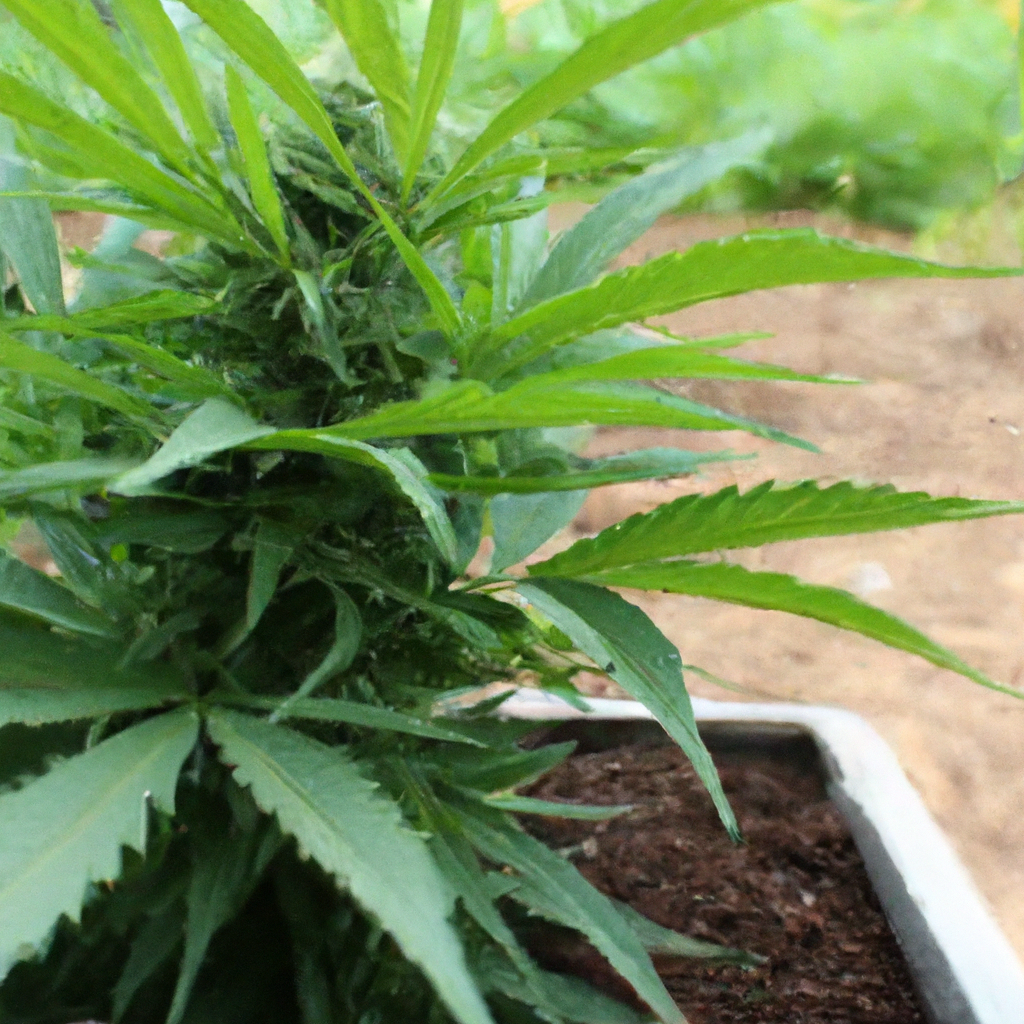Your cart is currently empty!
With the rising demand for organic cannabis, many growers are shifting towards more sustainable practices that promote healthier yields and minimal environmental impact. Organic cultivation not only enhances the quality of cannabis but also ensures ecological balance. Let’s explore some best practices for growing cannabis organically using natural fertilizers, compost, and sustainable pest control methods.
Building Healthy Soil Ecosystems
The foundation of successful organic cannabis cultivation lies in the soil. A rich and biodiverse soil ecosystem provides essential nutrients and supports plant health. Here are some tips to build such an environment:
- Composting: Utilize kitchen scraps and yard waste to create a nutrient-rich compost. This not only recycles waste but improves soil fertility.
- Crop Rotation and Companion Planting: Alternate cannabis with other crops and companion plants to prevent soil nutrient depletion and enhance microbial diversity.
- Mulching: Apply a layer of mulch to retain moisture, suppress weeds, and gradually enrich soil as it breaks down.
Natural Fertilizers for Cannabis
Refrain from using synthetic fertilizers, which can harm the environment and strip soil of its natural nutrients. Instead, opt for these organic alternatives:
- Worm Castings: Packed with beneficial microbes, they enhance soil structure and nutrient availability.
- Bone Meal: A great source of phosphorus and calcium, promoting robust root growth and blooming.
- Fish Emulsion: Provides a balanced nutrient profile suitable for all growth stages.
Eco-Friendly Pest Management
Maintaining a balance between protecting your crops and preserving the environment is crucial in organic farming. Use natural pest control methods to keep your cannabis free from harmful pests:
- Beneficial Insects: Introduce ladybugs or predatory mites to control aphids and spider mites naturally.
- Neem Oil: A natural pesticide that is effective against a wide range of pests without harming beneficial organisms.
- Companion Plants: Use plants like marigolds or garlic which naturally repel certain pests and enhance plant resilience.
The Benefits of Organic Cannabis
Choosing organic cultivation methods offers numerous benefits, both to the environment and consumers:
- Environmental Preservation: Reduces chemical runoff, supports biodiversity, and promotes healthier ecosystems.
- Healthier Products: Free from synthetic additives, organic cannabis is purer and potentially more beneficial for medicinal use.
- Sustainability: Emphasizes renewable resources and reduces the carbon footprint of cannabis production.
Conclusion
Embracing organic cultivation for cannabis not only provides an eco-friendly growing method but also produces healthier and more sustainable yields. By building robust soil ecosystems, utilizing natural fertilizers, and implementing organic pest control, growers can ensure their operations are both successful and sustainable. As more consumers become conscious of their choices, the demand for organic cannabis will continue to grow, making it a worthwhile investment for environmentally-minded cultivators.


Leave a Reply